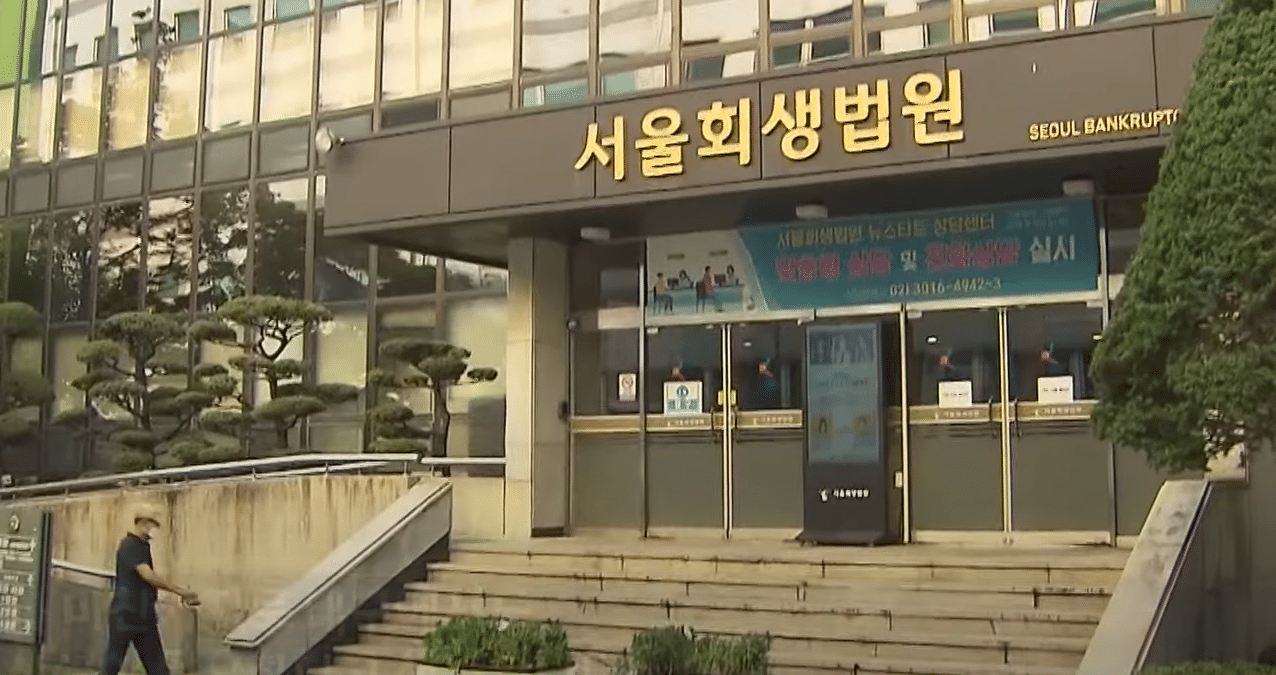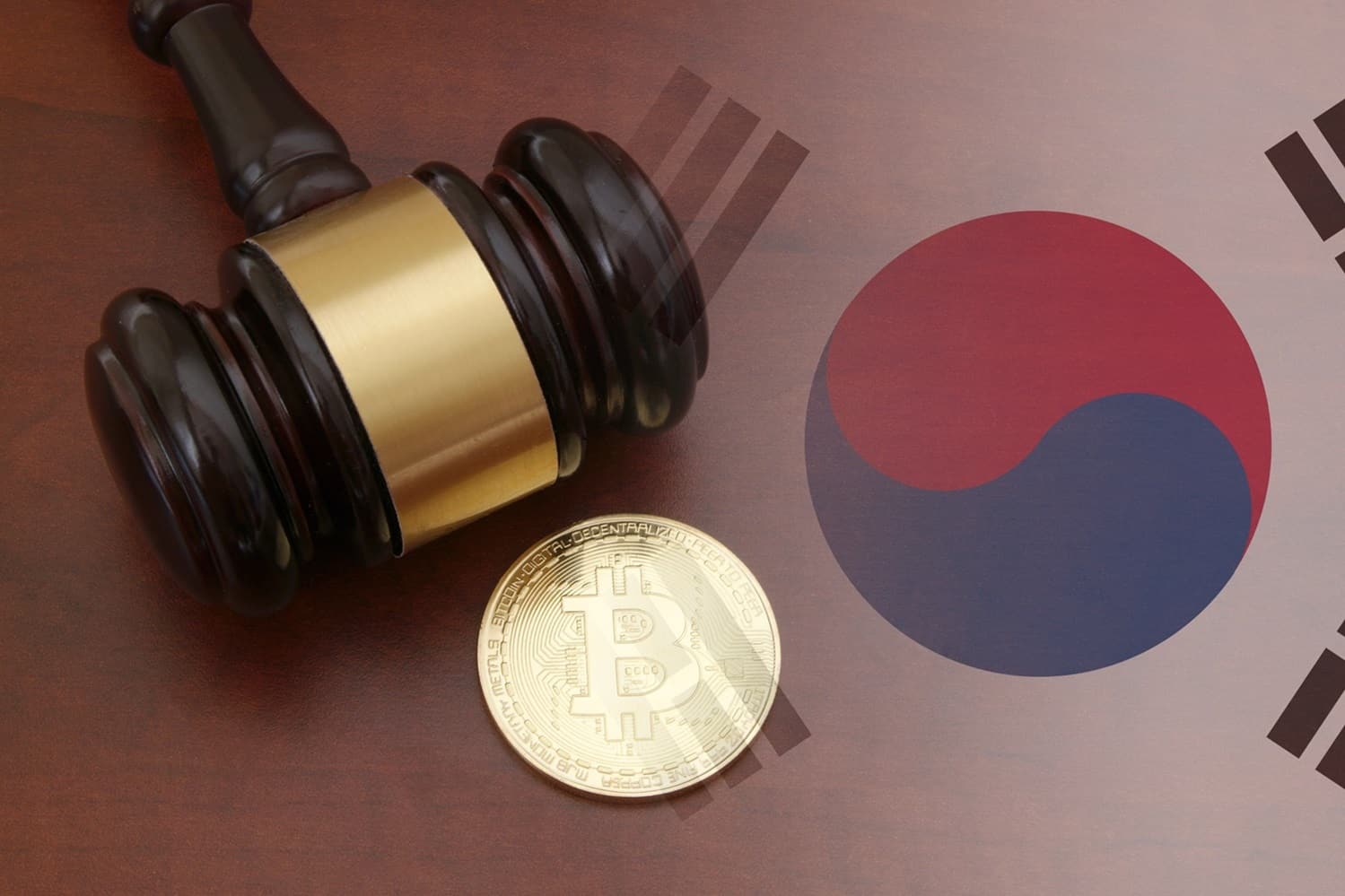A South Korean bankruptcy court judge has called on the government to bolster regulation in the crypto industry, claiming investors need more protection.
Per Newsis, the claims were made by Judge Lee Seok-jun, of the Seoul Bankruptcy Court. Lee wrote a paper on “regulations intended to protect virtual asset investors.”
The paper was published in the most recent issue of the Court of Korea’s academic journal Sabeub (literal translation: “Justice”).
A slew of crypto-related legal changes come into force in July this year when the Virtual Asset User Protection Act becomes law.
But Lee argued that more regulation is still needed. Lee’s paper analyzed several crypto-related court cases.
Lee concluded that many judges had been forced to create precedents due to a lack of legislation. The judge wrote:
“There was a tendency for the final resolution of [crypto-related] cases to be achieved through court rulings instead of the application of regulations.”
Lee added that the crypto sector urgently needs regulations on “market entry, business activities, and disclosure.”

Does South Korea Need More Crypto Regulation?
The judge noted the case of a group of trading platform customers who tried to sue a crypto exchange when a power outage restricted their trading options.
The customers said they were unable to sell coins when a blackout stopped them from logging into their accounts.
Lee was likely referring to a case from 2022, when a fire broke out at a data center hosting the chat app KakaoTalk’s servers. The crypto exchange Upbit uses KakaoTalk for login user identity verification.
🇰🇷 South Korea Seeks Regulation Against Crypto Mixers Citing Illegal Use Cases
Learn more 👇
— Cryptonews.com (@cryptonews) January 15, 2024
Investors tried to sue Upbit for restricting their ability to trade during the outage.
However, they were initially told they would only receive compensation if they could prove they intended to sell coins during the outage.
A court ultimately dismissed the investors’ case, saying that was “difficult to say” that the exchange was responsible for the losses.
🇰🇷 ‘No South Korea Bitcoin ETF Approval Before Elections,’ Say Experts
Breaking down the details👇
— Cryptonews.com (@cryptonews) January 15, 2024
The judge said that the new law “does not regulate” compensation-related matters “at all,” adding:
“I believe there are bound to be limitations in protecting cryptoasset investors due to individual courts’ interpretations.”
Securities Better Regulated than Crypto, Judge Says
Lee noted that the Capital Markets Act, which governs the domestic securities market, requires all providers “to protect investors.”
The same act requires operators “to have sufficient staff capabilities, IT facilities, and other physical facilities.”
But no such provisions are stipulated for crypto players, the judge explained.
And Lee said crypto providers should be obliged to ensure that investors understand what they are paying for.
Lee made mention of an investor who attempted to sue a crypto firm after losing money on crypto futures margin trading products.
The investor claimed they had only watched part of an explanatory video about margin trading before giving up because the subject “looked too difficult.”
The investor tried to sue the crypto firm on civil good faith principles-related matters, but a court rejected the case.
The judge wrote that the case had failed since civil good faith principles apply only in the case of conventional financial products.
